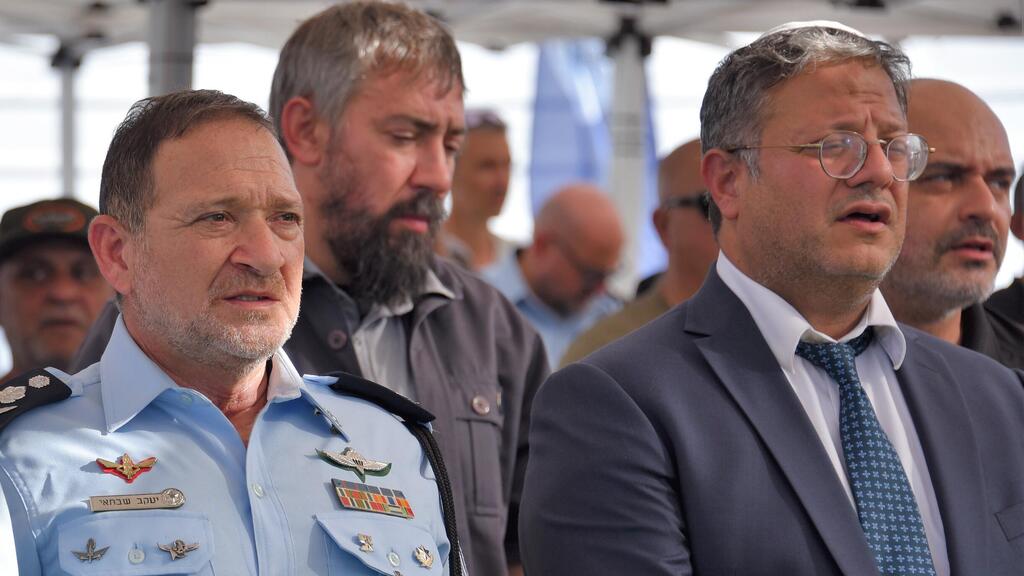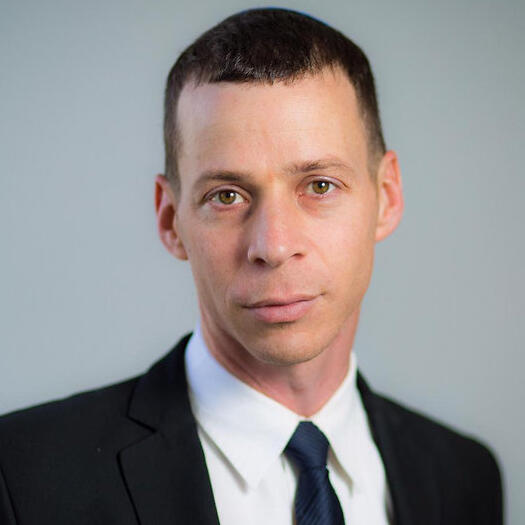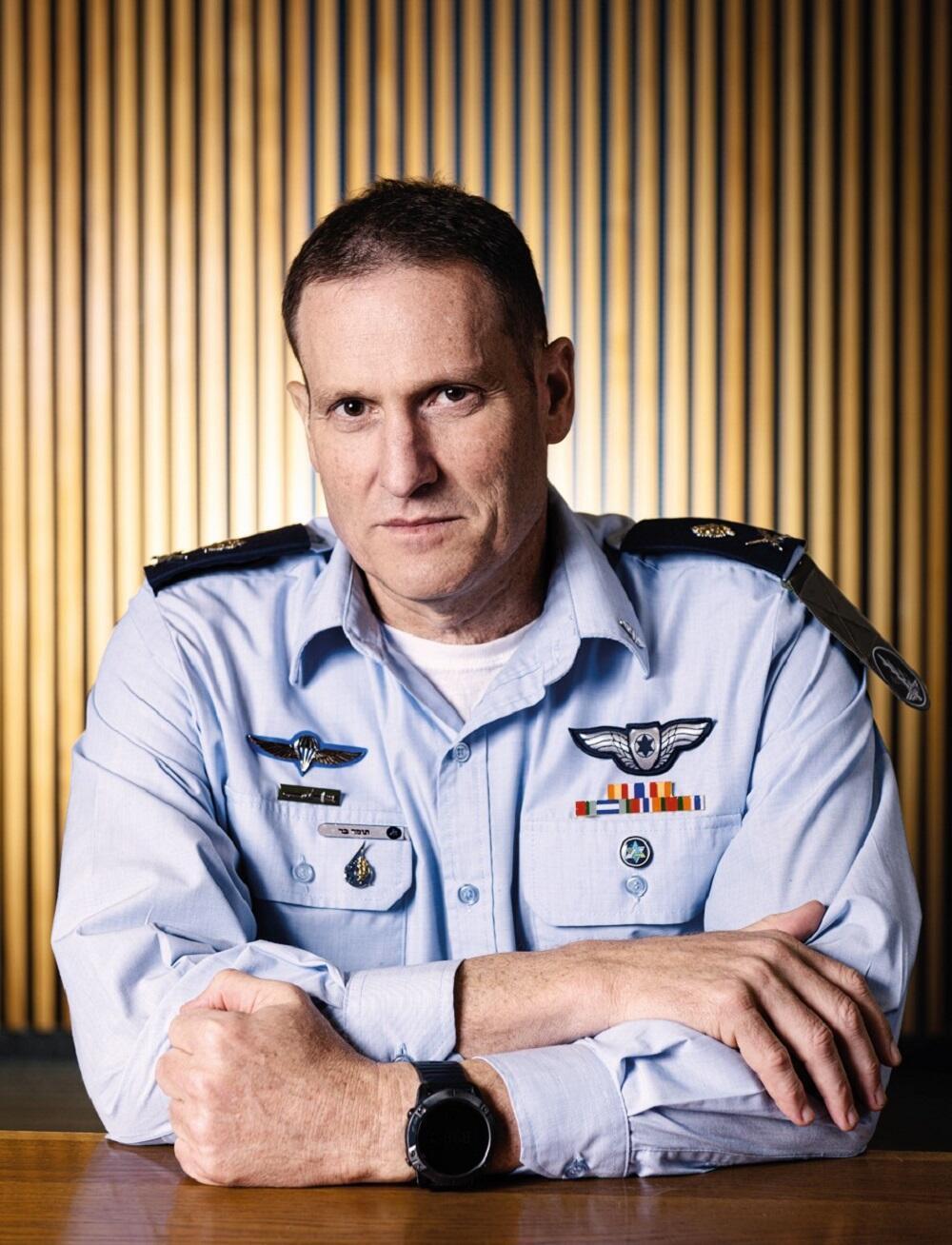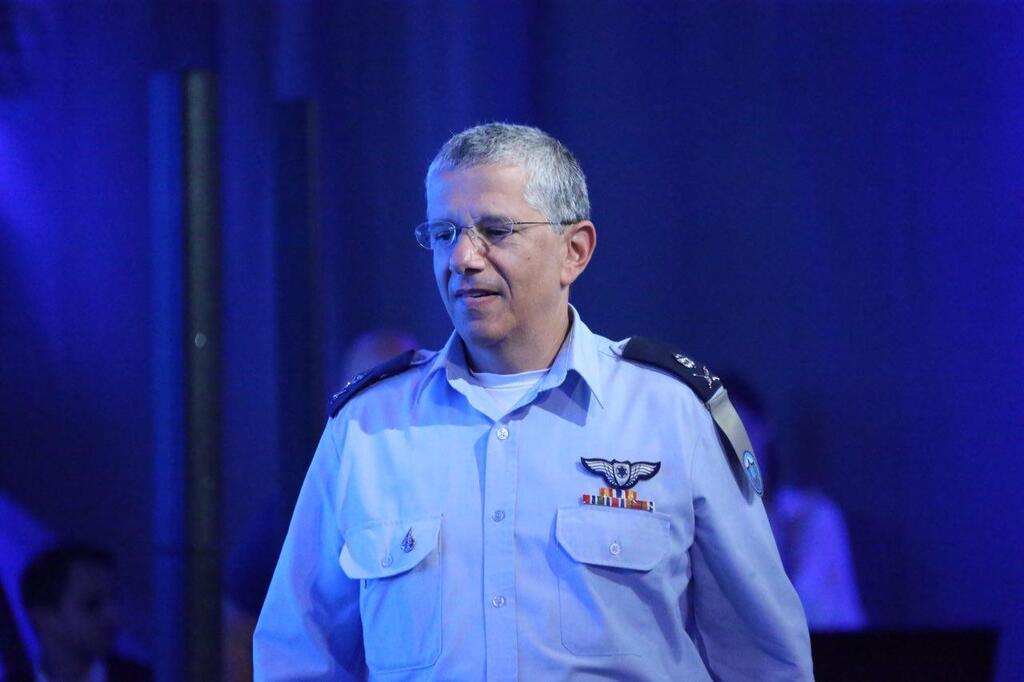Getting your Trinity Audio player ready...
Kaplan Force losing momentum?
The most effective protest in the country's history did not commit any fundamental errors for nearly nine months. So where did the series of strategic mistakes come from in the last two weeks?
Read more:
They began with protests in America against Prime Minister Benjamin Netanyahu, including his image in prison garb being projected on the walls of Alcatraz prison, followed by the protest on Madison Avenue, while upstairs at the hotel, Netanyahu met with Biden and received an invitation to the White House and peace talks with Saudi Arabia.
4 View gallery


Kaplan & the City - invitation to participate in protest against Netanyahu in New York during Israeli leader's visit
(Photo: Kaplan Force)
Amid all of this, fighter pilot Shira Etting made an unfortunate statement accusing Israel of killing innocent Arab children, and the climax of mistakes, the events on Yom Kippur.
For the first time since the beginning of 2023, a divergence of opinions has emerged, laying bare differences among the leaders of the movement. The protest comprises 150 organizations, with Kaplan Force, previously known as the Black Flags and notably associated with Prof. Shikma Bressler, being the most prominent among them.
Positioned as the more militant wing of the protestors, Kaplan Force holds the copyright to Days of Disruption and gained substantial experience in protests against various Netanyahu governments down the years, even back when former prime minister Ehud Barak was involved.
This week, I found in my email inbox messages from Roy Neumann, the protest spokesperson, tracing back not only to the 2020 anti-Netanyahu protests but also to the cost of living protest of 2011. Rothschild, Balfour, Kaplan — it's all part of the same revolution.
4 View gallery


Police Commissioner Kobi Shabtai and National Security Minister Itamar Ben-Gvir
(Photo: Israel Police)
The more moderate faction disapproves of their direction. Its leaders are responsible for the conciliatory letter (well, everything is relative) that was also signed by Bressler and her friends in relation to the Dizengoff Square events on Yom Kippur. It was preceded by a loud negotiation between the heads of the protest organizations, which touched not only on the letter but also on the direction of the protest in general. This is just the beginning: personnel changes are on the agenda at the headquarters of the struggle, most of which is staffed by Kaplan Force personnel.
Perhaps we discovered something bigger than the protest this week, which also applies to the radical elements on the other side, in three words: Itamar Ben-Gvir. For nine months, each side constantly raced from refusal to confrontation, extremism in every direction, Days of Disruption on one hand and running amok for legislation on the other, every norm was trampled, and everything was legitimized in the heat of the struggle against the other camp.
This week it became apparent that the public had finally set boundaries. Even Itamar Ben-Gvir was forced, heaven forbid, to give up his plan to hold his evening prayer in Dizengoff Square in favor of discussing the ongoing violent crime rampage in the Arab sector with Police Commissioner Kobi Shabtai.
Return of the pilots
The reservist pilot controversy has disappeared from the public's attention since their announcement of refusing to report for duty en masse, but it never disappeared in the Air Force. In mid-October, Air Force Commander Maj. Gen. Tomer Bar intends to hold a situation assessment on the Air Force's readiness. Bar intends to use this opportunity to get everyone back flying.
The announcement of the refusal to volunteer in July was a collective one, but the cessation of volunteering is a personal one. There are those who chose to refuse due to personal reasons, some linked it with the cancellation of the reasonableness clause and everything in between.
Haaretz commentator Amos Harel reported last week a slow trickle of pilots returning to service. The military notices that the current of returns is increasing, and this is exactly what Bar is hoping to achieve. The discussion he is convening will come at a critical point in time, three months after the announcement, when the loss of pilot readiness reaches a more significant level.
He will not demand an apology, or a commitment not to repeat the action of refusal in case the legislation process is renewed. Unit commanders already began probing, one by one, the pilots who had not been seen on bases since summer.
The primary challenges reside in the Air Force's operational headquarters. The issue stems from a substantial shift in the corps' operational concept since the tenure of the previous commander. Under the leadership of Maj. Gen. Amir Eshel, the corps underwent a pivotal transformation, enabling it to operate continuously, rather than merely during specific times of the day, by utilizing reserve personnel in the operational headquarters.
This approach provides the ability to act far more intensively and address numerous objectives, something Hezbollah's Nasrallah will personally experience in the forthcoming war. However, to sustain this system 24/7, rather than merely during a single shift, full attendance is requisite. Without going into detail, it's clear that this has not been the case since the onset of the summer crisis.
This issue has been and continues to be the most critical problem across the entire IDF. Unlike the situation with the pilots, here, the problem will only surface in the event of extensive combat, and the return to operational readiness is relatively swift. The upcoming battle may center around the judge selection committee or another step in the judicial reform. The challenge lies in managing an Air Force whose intelligence attentively monitors not only targets in Lebanon and Iran but also the agenda of the Knesset.
- Amit Segal is a columnist for Ynetnews's sister publication Yedioth Ahronoth




